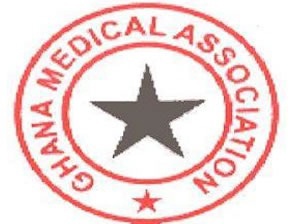
The Ghana Medical Association (GMA) at the weekend called on the government to speed up the processes of establishing the third National Radiotherapy and Oncology Centre at Tamale Teaching Hospital for cancer detection.
The association expressed optimism that the National Strategy for Cancer Control would be implemented efficiently to achieve the desire target.
Dr Kwabena Opoku-Adusei, GMA President, made the call at the opening of the 55th annual general conference of the body at Abesim, near Sunyani.
The four-day conference is on the theme: “Cancers-emerging trends.”
Dr Opoku-Adusei said statistics at the Komfo Anokye Teaching Hospital in Kumasi revealed that 2011 4,470 cancer cases have been diagnosed since 2004.
They included cervical, breast, ovarian and prostate cancers and the victims fell within 11 and 22 years.
Dr Opoku-Adusei expressed worry that 60 per cent of the affected individuals were diagnosed at an advanced stage, when very little could be done to treat them.
He observed that though the treatment of cervical, breast and prostate cancers are covered under the National Health Insurance Scheme (NHIS), investigations leading to diagnosis are not captured.
Dr Opoku-Adusei said the Ministry of Health and GMA should collaborate for the establishment of a national cancer registry, which would among other things provide good data for healthcare planning, implementation of intervention programmes and development of national cancer control programmes.
He said it is a problem that although the NHIS, is 10 years, it is confronted with series of problems and that should be addressed to sustain it.
“Government must tell Ghanaians the policy direction for the almighty capitation which has been implemented in one region of the country for close to two years with all its problems of co-payment, reduced quality of care, loss of income to both public and private health institutions whilst the rest of the country receives and enjoys all the current benefits of the NHIS,” Dr Opoku-Adusei said.
He said the dwindling government support for Postgraduate Medical Education is worrisome as a number of doctors who meet the requirements are been confronted with the challenge of sponsorship.
“It is important for the government to recognise the place of postgraduate medical education in stemming brain drain and improving the quality of healthcare delivery.”
Dr Alfred Sugri Tia, Deputy Minister of Health said government acknowledges the role of the GMA in the provision of healthcare intervention.
He said while the ministry is working hard to bridge the gap in access to healthcare and ensuring sustainable financial arrangement for the health sector, the GMA needs to work to increase productivity.
Dr Tia appealed to the doctors and other key stakeholders to help addressed the challenges in the implementation of the NHIS for the scheme to be sustained for the benefit of the ordinary citizenry.